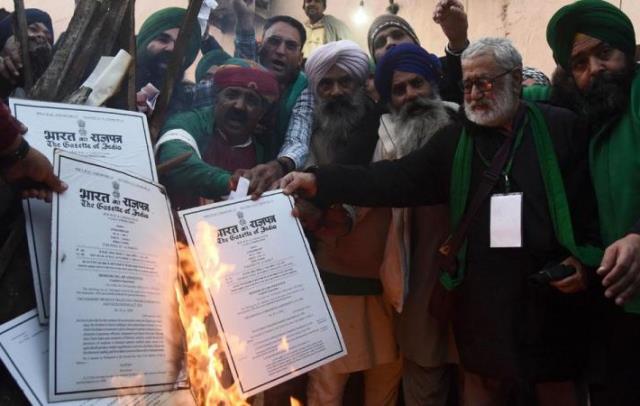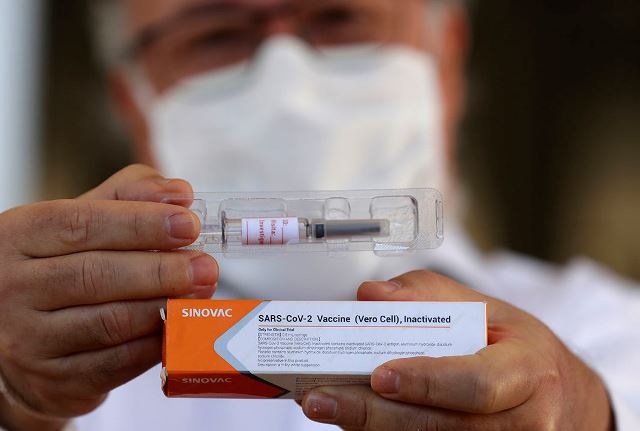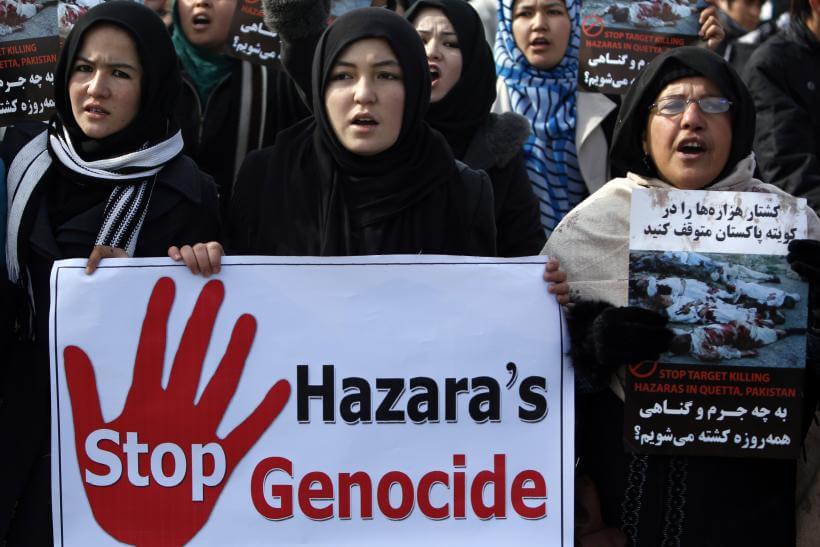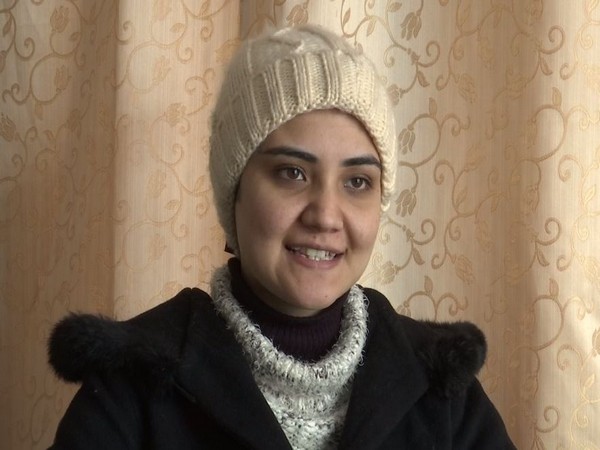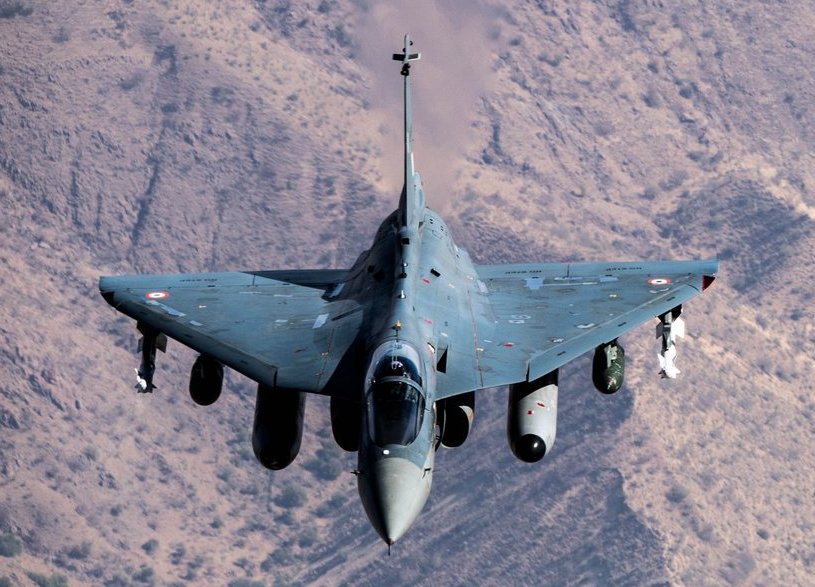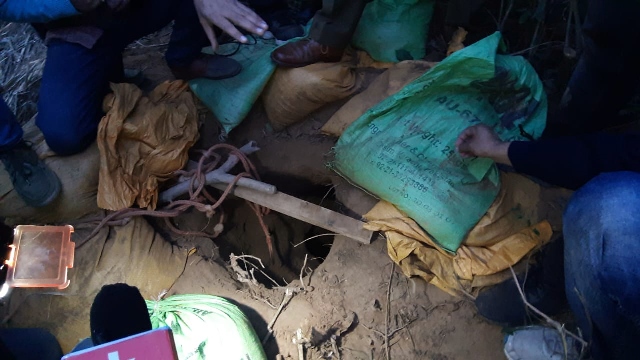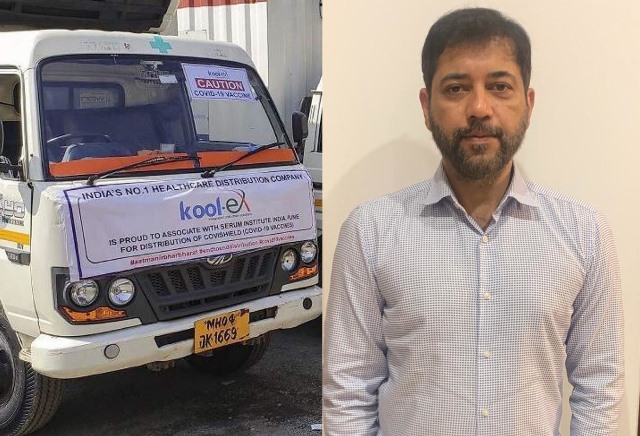The Pune-based Serum Institute of India (SII) has issued a fact-sheet to answer frequently asked questions (FAQs) that vaccine beneficiaries might have. The factsheet details information that would enable recipients to understand the benefits and common side-effects of the Covishield vaccine, to prevent Coronavirus Disease 2019 (COVID-19) caused by the coronavirus called SARS-CoV-2.
What is the Covishield vaccine?
The Covishield is approved for restricted use in emergency situation vaccine that may prevent COVID-19 disease in individuals 18 years of age and older.
What should you mention to your healthcare provider before you get Covishield vaccine?
Tell the healthcare provider about all of your medical conditions, including:
- If you have ever had a severe allergic reaction (anaphylaxis) after any drug, food, any vaccine or any ingredients of COVISHIELD(tm) vaccine
- If you have fever
- If you have a bleeding disorder or are on a blood thinner
- If you are immunocompromised or are on a medicine that affects your immune system
- If you are pregnant or plan to become pregnant
- If you are breastfeeding
- If you have received another COVID-19 vaccine, you should consult your healthcare provider before deciding to take the vaccine.
Who should get the Covishield vaccine?
Covishield vaccine has been approved for restricted use in emergency situation in individuals 18 years of age and older.
Who should not get the Covishield vaccine?
You should not get the Covishield vaccine if you:
- Had a severe allergic reaction after a previous dose of this vaccine
- Had a severe allergic reaction to any ingredient of this vaccine.
What are the ingredients in the Covishield vaccine?
The Covishield vaccine includes the following ingredients:
L-Histidine, L-Histidine hydrochloride monohydrate, Magnesium chloride hexahydrate, Polysorbate 80, Ethanol, Sucrose, Sodium chloride, Disodium edetate dihydrate (EDTA), Water for injection.
If you receive one dose of the Covishield vaccine, then the second dose should be administered between 4 to 6 weeks after the first dose. However, there is data available for administration of the second dose up to 12 weeks after the first dose from the overseas studies.
If you miss your second dose
If you forget to go back at the scheduled time, ask your healthcare provider for advice. It is important that you return for your second dose of Covishield vaccine.
Has the Covishield vaccine been used before?
The Covishield(tm) is used in clinical trials, a number of participants received one or two doses in overseas and Indian trials.
What are the benefits of the Covishield vaccine?
In ongoing clinical trials, the Covishield vaccine has been shown to prevent COVID-19 disease following 2 doses given between 4 and 12 weeks apart. The duration of protection against COVID-19 disease is currently unknown.
You may get protective immune response 4 weeks after the second dose of Covishield vaccine.
What are the risks of the Covishield vaccine?
Side effects that have been reported with the Covishield vaccine include:
Very Common (may affect more than 1 in 10 people)
- Tenderness, pain, warmth, redness, itching, swelling or bruising where the injection is given
- Generally feeling unwell
- Feeling tired (fatigue)
- Chills or feeling feverish
- Headache
- Feeling sick (nausea)
- Joint pain or muscle ache
Common (may affect up to 1 in 10 people)
- A lump at the injection site
- Fever
- Being sick (vomiting)
- Flu-like symptoms, such as high temperature, sore throat, runny nose, cough and chills
Uncommon (may affect up to 1 in 100 people)
- Feeling dizzy
- Decreased appetite
- Abdominal pain
- Enlarged lymph nodes
- Excessive sweating, itchy skin or rash
These may not be all the possible side effects of the Covishield vaccine. Serious and unexpected side effects may occur. Covishield vaccine is still being studied in clinical trials.
What should I do about side effects?
If you experience a severe allergic reaction, call or go to the nearest hospital. Call the healthcare provider if you have any side effects that bother you or do not go away. In addition, you can report side effects after vaccination to Serum Institute of India Pvt Ltd who is the manufacturer of Covishield vaccine as below.
- 24 x 7 Call Center Toll-Free Number (For Medical and Adverse Event Related Queries Only):
+91-1800 1200124
- pharmacovigilance@seruminstitute.com
What if I decide not to get the Covishield vaccine?
It is your choice to receive or not receive the Covishield vaccine. You may prefer to consult your healthcare provider.
Can I receive the Covishield vaccine with other vaccines?
There is no information on the use of the Covishield vaccine with other vaccines.
What if I am pregnant or breastfeeding?
You may discuss your options with the healthcare provider.
Will The Covishield vaccine give me Covid-19 infection?
No. The Covishield COVID-19 vaccine does not contain SARS-CoV-2 and cannot give you COVID-19 infection.
(ANI)
